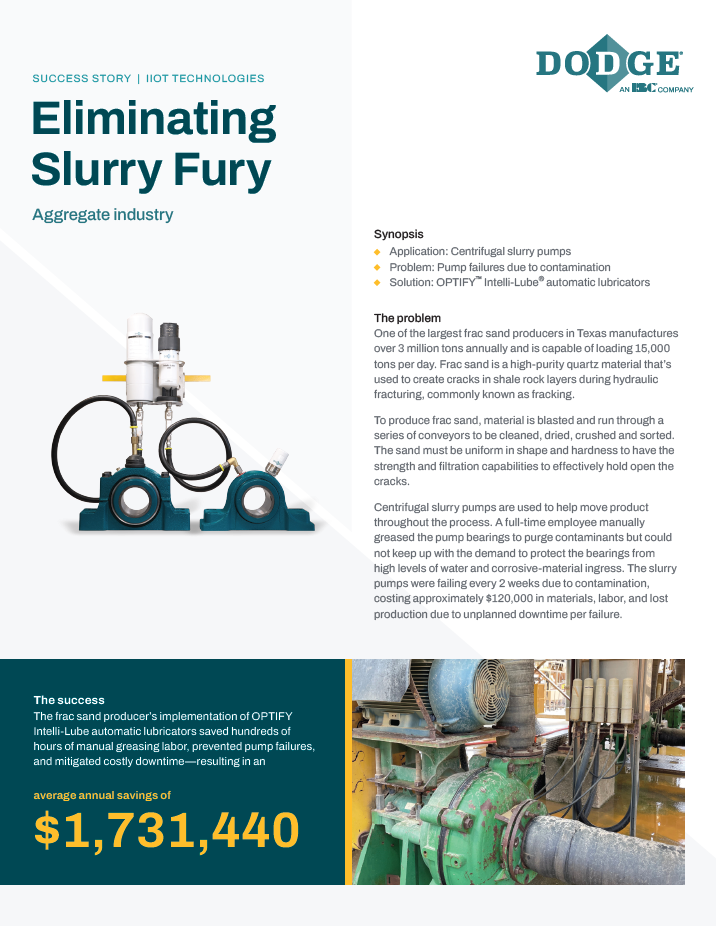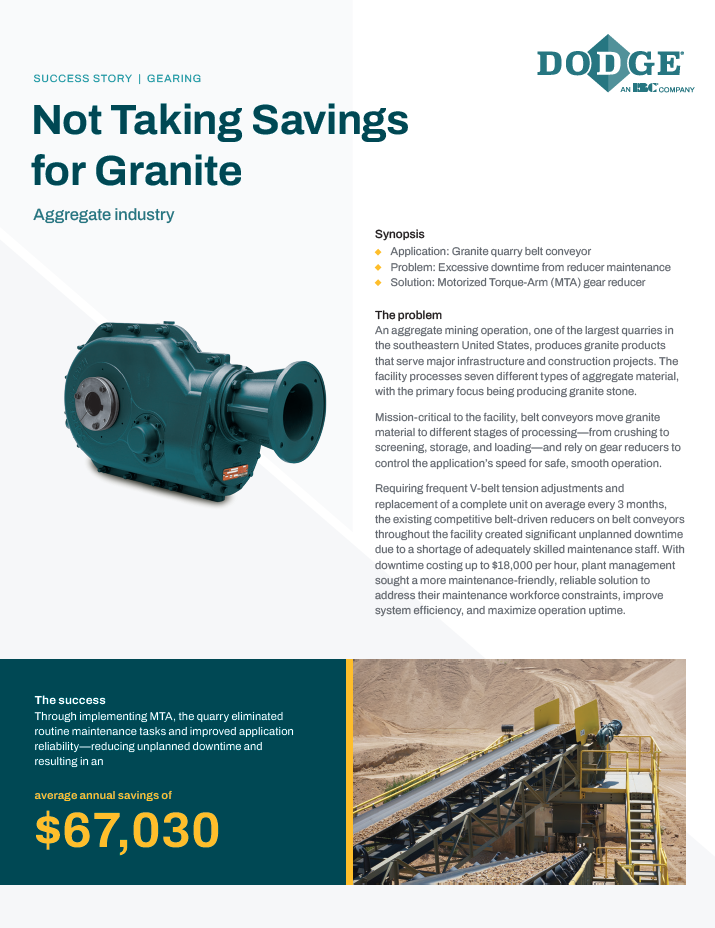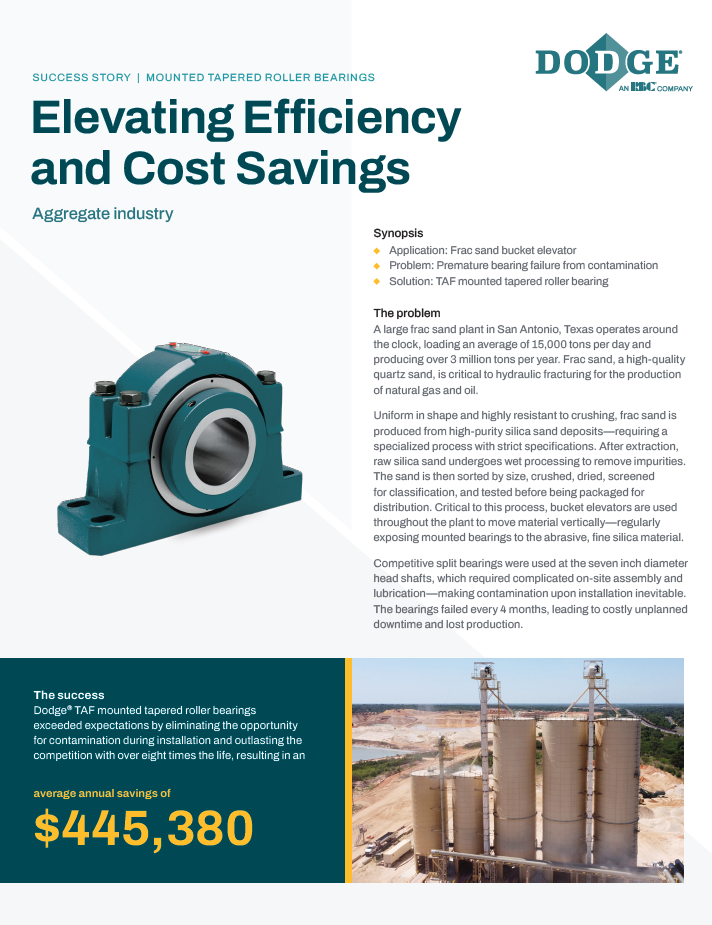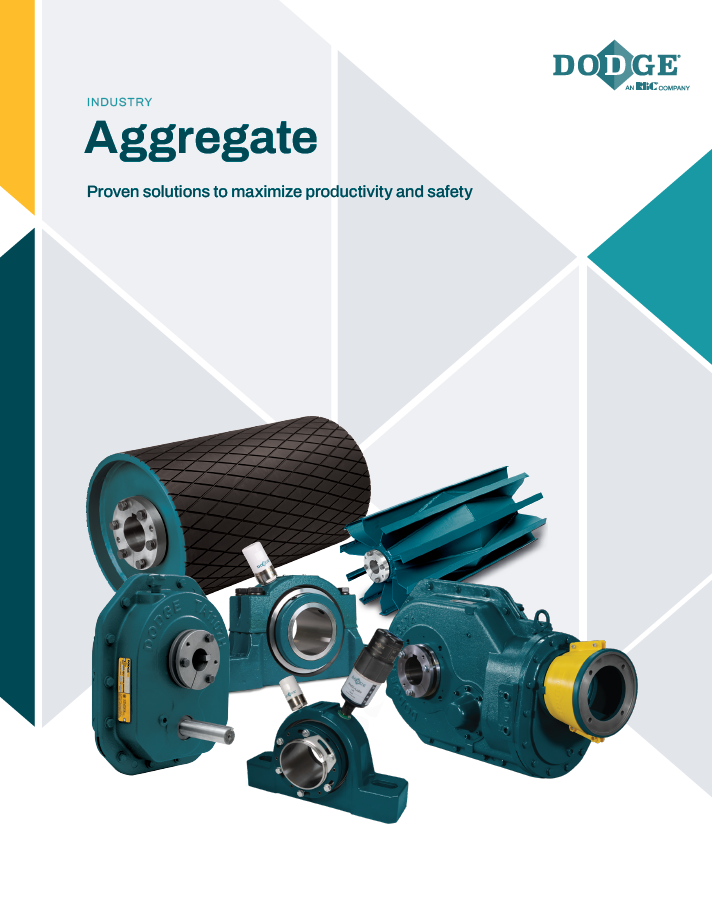Vince Hagan - Mobile Concrete Batch Plant Catalog
#1 Selling Mobile Plant in the US Market
Since first patenting the design in 1956, The Vince Hagan company has sold over 2,000 mobile batch plants. The patented, heavy-duty steel truss design means the plant can travel as a single load of freight, including dust collection. They stand the tests of time, weather, and high production. Plus, our exclusive smart plant technology is pushing our plants to the forefront of the industry with an app that monitors sensors on vital plant components and can predict possible downtime. It also manages weekly/monthly maintenance schedules.
Some other standout features of our mobile series plants are: fully erected and operational in 8 hours; all components are in the truss, with the entire plant pre-wired and plumbed for air and water. After manufacturing is complete, each plant is factory tested which helps enable a trouble-free start-up and operation. Whether you want the highest production, the most aggregate storage capacity, or a plant that can grow with your business, The Vince Hagan Company is the solution for you.
RETURN ON INVESTMENT
Vince Hagan plants are legendary for value because of proven dependability, high production, design simplicity, and longevity. When it comes to making this significant investment, you can rest assured that the center of your production relies on equipment built to last decades. Go factory direct, and cut out the middleman. We help you maximize your profits instead of paying for corporate overhead and shareholder dividends.




























